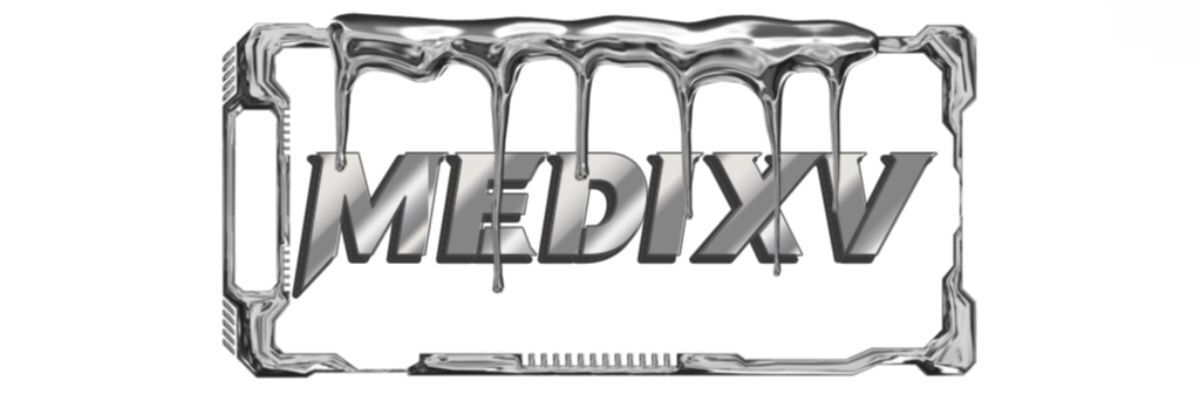10 Questions You Should Know about Effective Time Management Techniques
10 Questions You Should Know about Effective Time Management Techniques
In today's fast-paced world, effective time management techniques are crucial for personal and professional success. As we dive into the intricacies of this topic, we aim to answer the ten most pressing questions that can help you optimize your time management skills. Here is a concise guide supported by research and unique data.
1. What is Time Management?
Time management involves planning and exercising conscious control over the amount of time spent on specific activities. Good time management enables you to work smarter rather than harder, leading to increased efficiency and productivity.
2. Why is Time Management Important?
Effective time management can lead to various benefits. According to a recent survey, 85% of respondents noted that mastering time management resulted in improved work quality. Additionally, time management reduces stress levels, allowing individuals to enjoy a better work-life balance.
3. What Are the Most Common Time Management Techniques?
Some of the most effective time management techniques include:
- Prioritization: Identifying tasks that are urgent and important.
- The Pomodoro Technique: Breaking work into intervals of 25 minutes followed by a short break.
- Time Blocking: Allocating specific blocks of time for different tasks or activities.
- Setting SMART Goals: Making sure that goals are Specific, Measurable, Achievable, Relevant, and Time-bound.
4. What Tools Can Help with Time Management?
Numerous tools can streamline your time management process. Popular options include:
- Todoist: A task manager that helps prioritize tasks and plan projects.
- Trello: A visual project management tool that helps track team progress.
- RescueTime: A tracking app that monitors how much time you spend on applications and websites.
5. How Can I Improve My Time Management Skills?
Improving time management skills can be achieved through regular practice. Setting daily goals, utilizing a planner, and reviewing your performance each week can help refine your skills. A 2023 study found that individuals who kept a time journal improved their time management skills by 30% within two months.
6. What Are Some Common Time Management Mistakes?
Some mistakes to avoid include:
- Failing to prioritize tasks effectively.
- Underestimating how long tasks will take.
- Being easily distracted by social media and other interruptions.
7. Can Time Management Reduce Stress?
Absolutely! Effective time management leads to less frantic work habits, allowing for better organization and reduced stress. A report indicated that individuals with strong time management skills experience 20% less stress compared to those who struggle with time management.
8. How Can Time Management Impact My Career?
Research shows that good time management correlates with high performance at work. Over 70% of employers state they find employees with better time management skills to be better leaders and team players.
9. Does Time Management Apply to Personal Life?
Yes, time management is significant not only in professional contexts but also in personal life. Most people report finding more time for family, hobbies, and relaxation when they practice effective time management techniques.
10. What Are Long-Term Benefits of Time Management?
In the long run, effective time management leads to increased productivity, greater job satisfaction, and hard-won personal time. By mastering these techniques, individuals are often found to achieve their goals faster, enhancing both career progression and personal development.
In conclusion, effective time management is an essential skill that can transform your life. By understanding these ten questions, you can begin to implement techniques that will boost your productivity and reduce stress.
For further resources on time management, check the latest tools and articles from top productivity authors and platforms.
If you want to learn more, please visit our website Excellent Rheology RDP, Wall Putty Use HPMC, HPMC Used In Tile Adhesive.

Comments
0